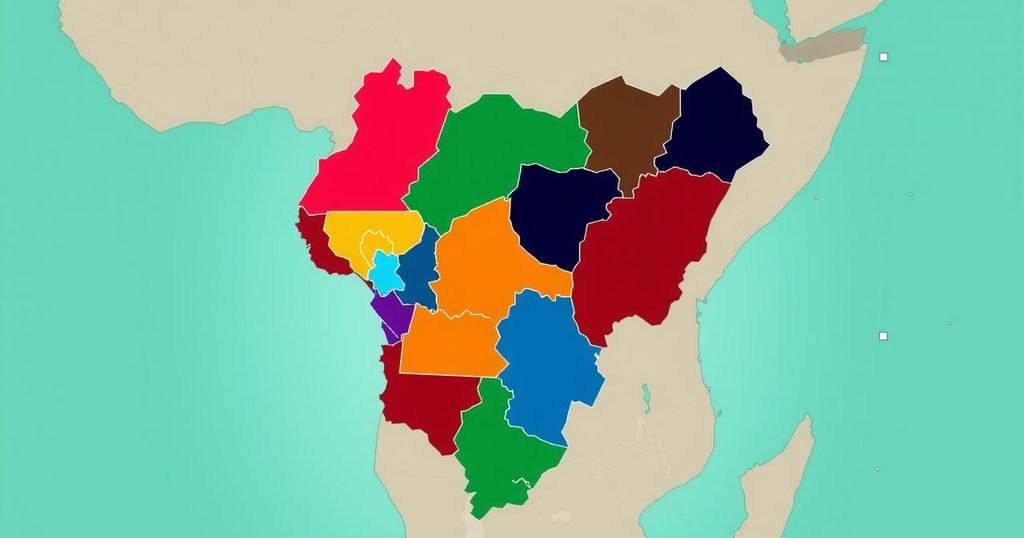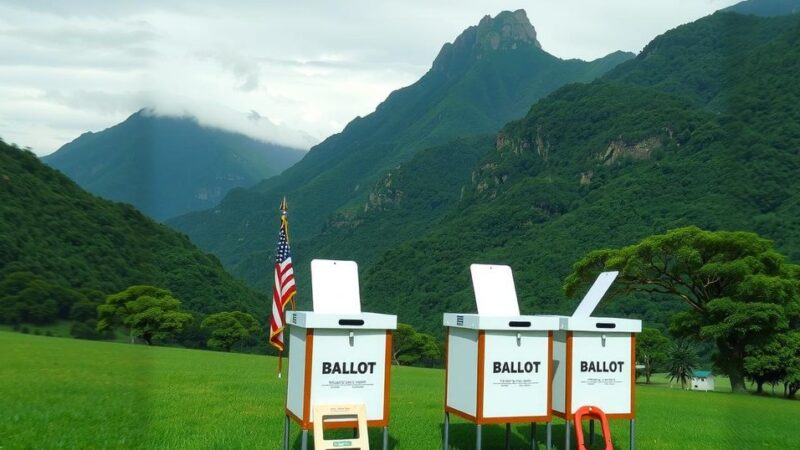The article discusses the urgent need for Nigeria to recalibrate its foreign policy in response to a rapidly changing global order marked by multipolarity and increased challenges. It synthesizes perspectives from notable international relations thinkers, advocating for a strategic approach that emphasizes sovereignty and regional leadership while addressing domestic credibility. The call for actionable initiatives aligns with the goal of establishing Nigeria as a credible force in global diplomacy amidst the evolving international landscape.
The global order is undergoing significant changes, shifting towards a multipolar, interest-driven reality. For Nigeria, facing both internal challenges and continental aspirations, it is essential to recalibrate its foreign policy strategically. This shift is crucial in the context of the new dynamics presented by the current U.S. administration and the evolving nature of international relations. The previously relied upon assumptions do not hold firm any longer, necessitating a foreign policy that embraces realism and foresight while recognizing African agency.
This Editorial Board summarizes insights from six prominent international relations thinkers: Bolaji Akinyemi, Francis Fukuyama, Samuel Huntington, John Mearsheimer, George Obiozor, and Jeffrey Sachs. Their collective views underline the urgency for Nigeria to adapt to a fragmenting global order, as only those nations that demonstrate clarity and conviction will be able to thrive.
Francis Fukuyama, amid his discussions on democracy’s decline, emphasizes the need for Nigeria to strengthen its domestic credibility and institutions to gain a prominent voice internationally. Samuel Huntington’s perspectives regarding identity politics highlight the necessity for Nigeria to align its foreign policy with cultural awareness and regional sensitivities, reflecting its diverse society.
John Mearsheimer’s emphasis on power dynamics suggests that Nigeria should prioritize its sovereign interests over seeking validation from the West. Meanwhile, Jeffrey Sachs advocates for an approach integrating development, justice, and sustainability as responses to existing global challenges. Thus, Nigeria’s foreign policy must evolve to address inequities and climate change proactively.
Professors Bolaji Akinyemi and George Obiozor assert the importance of strategic autonomy. Akinyemi envisions Nigeria as a leader in forming a coalition of medium powers that can influence global norms rather than merely reacting to them. Obiozor warned that without internal coherence, Nigeria’s foreign policy risks remaining aspirational, reflecting the connection between domestic legitimacy and effective foreign engagement.
Nigeria faces numerous external pressures, including the U.S.–China rivalry affecting global trade and climate change reshaping development avenues. Additionally, internal strife caused by insurgencies and lawlessness is posing significant challenges to Nigeria’s stability and democratic processes. Such pressures underscore the necessity for Nigeria to navigate these complexities while reinforcing its regional influence.
Despite these challenges, Nigeria has a strategic opportunity to lead Africa’s diplomatic realignment. To capitalize on this, Nigeria must reformulate its foreign policy to focus more on sovereignty and regional leadership while bolstering growing West African diplomacy through frameworks like ECOWAS.
The five recommended actions for realignment include conducting a national security and foreign policy review at the presidential level, promoting an African Union summit to articulate a unified African stance, establishing a secretariat for the National Security and Defence Council, diversifying strategic alliances beyond traditional Western powers, and embedding sustainability within global engagements.
In conclusion, Nigeria stands at a pivotal juncture where foreign policy must equip the nation for survival and growth. A robust foreign policy framework equips Nigeria with the necessary bargaining power to influence global dynamics. The philosophies of Akinyemi and Obiozor, alongside global insights, provide the roadmap for Nigeria’s future. To remain relevant amidst rapidly shifting power dynamics, Nigeria must take decisive action, clearly define its interests, and foster a cohesive regional voice. Only through this could Nigeria realize its ambitions in an increasingly complex world.
In conclusion, Nigeria is facing a defining moment necessitating a strategic recalibration of its foreign policy. External challenges, including geopolitical tensions and internal strife, compel the nation to adapt and assert its interests effectively. By enhancing institutional legitimacy and fostering coherent regional cooperation, Nigeria can redefine its role on the global stage. Embracing the insights of influential thinkers further provides a framework for navigating the complexities of a multipolar world, ensuring Nigeria’s agency and sustainability. A proactive approach is imperative; inaction is not an option for a prosperous and stable future.
Original Source: businessday.ng






